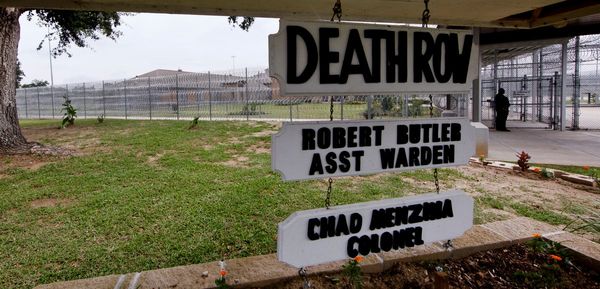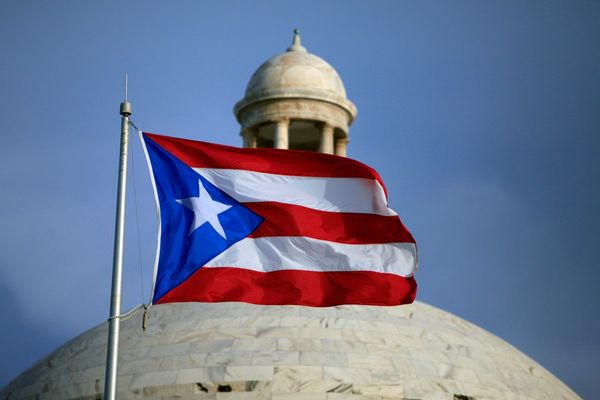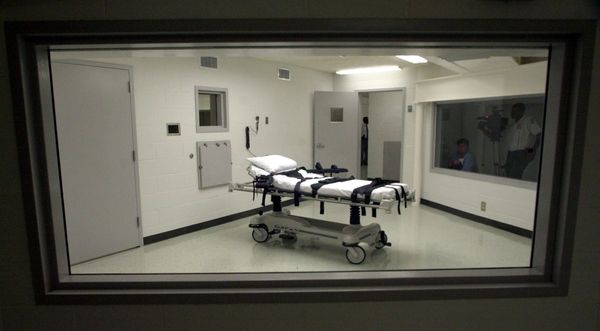
The Albanese government will not extend the low and middle income tax offset (LMITO), meaning workers earning less than $126,000 will not get a tax break, worth up to $1,500, beyond 2022.
The Guardian understands new Treasury forecasts for the 25 October budget also predict inflation will be higher, for longer. Inflation will peak in the December quarter, as expected, at just under 8%, but officials now expect Australia’s cost of living squeeze will be more protracted, largely because of the spike in power bills.
Unemployment is also expected to be higher, when compared to the July economic forecast, because of the global economic headwinds, interest rate hikes and sustained inflationary pressure. That combination of challenges will dampen economic activity over the next 12 months, and force unemployment up to 4.5% in 2023-24.
While inflationary pressure would remain front-and-centre for households and businesses, higher commodity prices and historically low unemployment levels will deliver the Albanese government a revenue boon over the next two years.
The forecast for tax receipts on Tuesday night will be revised up by more than $100bn over the forward estimates. But Treasury expects that windfall to be short lived.
Two-thirds of the forecast revenue upgrades were concentrated in the first two years of the forward estimates, which was 2022-23 and 2023-24.
Treasury expected employment growth to slow and commodity prices to moderate over the two remaining financial years, while baked-in expenditure on essential services would have a more profound impact on the budget bottom line. Higher inflation would also increase the indexation of government payments.
Ahead of delivering its first budget, the Albanese government confirmed this week the National Disability Insurance Scheme was forecast to cost $8.8bn more than expected across the forward estimates. That signature scheme was now forecast to cost more than $50bn a year by 2025-26.
Higher spending on the NDIS, health and defence would increase the deficit over the last two years of the forward estimates.
Senior officials have told Guardian Australia the government had no plans to respond to cost of living pressures by extending the Morrison government’s tax offset for low and middle income earners, or with one-off cash payments to help cover grocery or energy bills.
The “lamington” tax offset, which gives low and middle income earners a tax break of between $255 and $1,080, was first announced as a temporary measure in 2018. It was extended by the Coalition during the pandemic, and in an $8.6bn pre-election cash-splash budget that included a temporary cut in fuel excise.
Treasurer Jim Chalmers has been signalling for weeks that fiscal and monetary policy needed to be in alignment to help subdue inflationary pressure in the economy.
In a pre-budget interview with Guardian Australia, the treasurer said the government’s job, given the conditions, was to provide cost of living relief “in the most responsible way, and that meant not putting additional pressure on inflation”.
The government had promised voters cheaper childcare from July next year, and Tuesday night’s budget would also include a $787.1m investment to cut the cost of general prescriptions by 29%, with the maximum cost to drop by $12.50 to $30.00.
The budget would provide for additional drugs to be listed on the Pharmaceutical Benefits Scheme. The government would also extend eligibility for Covid-19 antivirals, effective 1 November.
Chalmers confirmed on Friday the October floods would have an impact on inflation. Fruit and vegetable prices were likely to increase by 8%. But fuel prices were expected to be lower than forecast despite Labor choosing to end the temporary cut in fuel excise.
The treasurer, who will deliver two budgets this financial year, said the primary influence on the Albanese government’s first budget was “the inflation challenge”. The backdrop for the revised forecasts and policy deliberations was “natural disasters, a deteriorating global economy, rising inflation and persistent structural pressures on the budget”.
Chalmers characterised Tuesday’s budget – which was focused on delivering election promises and cutting discretionary spending that Labor characterises as “rorts and waste” – as “solid, simple and sensible, and suited for the times”.
“There’s no use pretending that a sharp deterioration in global activity and rising interest rates won’t have implications for growth in Australia and the unemployment rate,” the treasurer said.
He said Labor’s first budget since winning the election in May was “the beginning the long task of budget repair – not the final destination”.







